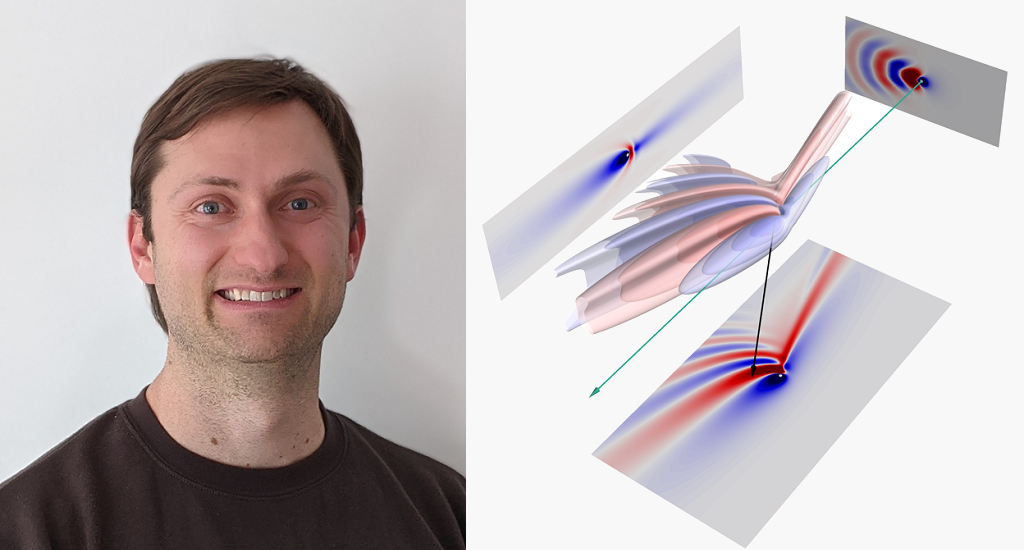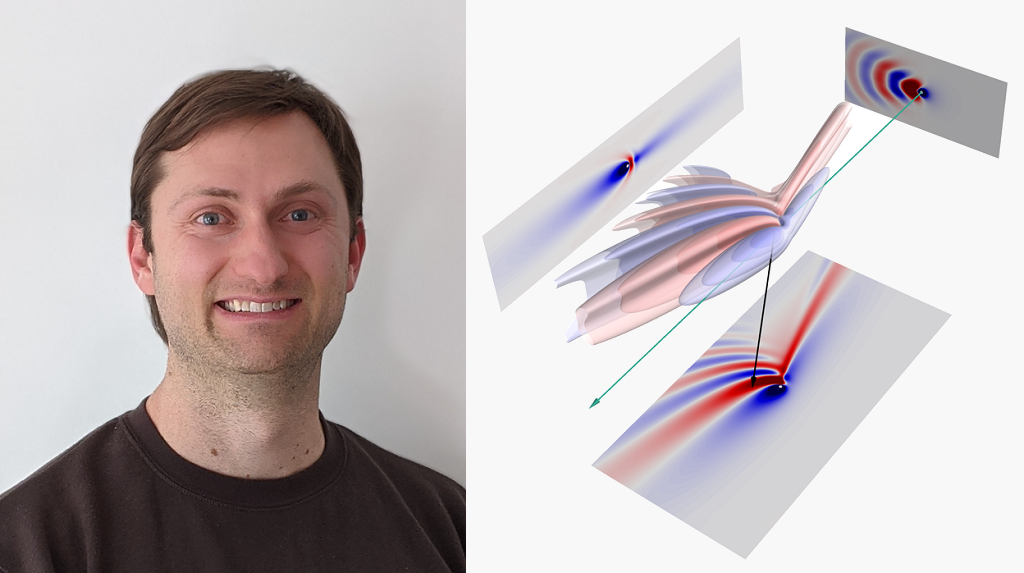- 7 October 2021
- Posted by: Canberra Innovation Network
- Category: General News

Happy World Space Week, Earthlings!
World Space Week celebrates science, technology, and the betterment of the human condition. This week commemorates two very specific events in the space calendar: the launch of Sputnik 1, the first human-made earth satellite on October 4, 1957; and the signing of the treaty on ‘Principles Governing the Activities of States in the Exploration and Peaceful Uses of Outer Space, including the Moon and Other Celestial Bodies’ on October 10, 1967.
And Houston, we have a shoutout. This week we are celebrating an additional milestone in that space calendar.
Physicist, engineer and plasma-pundit, Dr. Trevor Lafleur has been awarded the Inaugural GEC Early Career Award by the American Physical Society. Presented at the Gaseous Electronics Conference (GEC) in the USA, this award is for outstanding contributions in the field of plasma physics, and the acknowledgment of an early career researcher with the potential to become a leader in their field.
“2021 Gaseous Electronics Conference Early Career Award Presented to Trevor Lafleur for outstanding experimental, theoretical, and computational investigations on electron power absorption, waveform tailoring, magnetized plasmas, and plasma thrusters,” the award states.
Trevor says the award is related to space propulsion applications, material processing for the semiconductor industry, and fundamental plasma physics.
“My research has helped to explain several longstanding anomalies observed in important plasma discharges used for material processing and space propulsion. This has provided new insight into the fundamental operation of these devices and opened new directions for optimization. In parallel, I have also uncovered interesting new physics and helped to develop a number of innovative emerging space propulsion concepts.”
Trevor is currently a Principal Engineer with ThrustMe, a French space propulsion company.
“I completed a PhD in plasma physics at the Australian National University almost ten years ago, before moving to France where I performed R&D for many years with different organizations, largely related to space propulsion and the semiconductor industry. In 2017, my wife and I moved back to Canberra where we are now permanently based,” He said.
As ThrustMe’s only employee based in Australia, Trevor works from the Canberra Innovation Network coworking space where he remotely performs important propulsion system R&D and product development, and provides orbital dynamics and space mission analysis support.
“This is a particularly exciting time as the space industry around the world is currently experiencing unprecedented growth. In addition to the promise of new space-based global commercial services, humans will likely return to the Moon within the next 10 years, or even set foot on Mars. Earth observation satellite missions will also prove increasingly important for the monitoring and management of climate change. We are therefore entering a unique time in history with new challenges that will require innovative technologies and solutions. Space propulsion is one such technology and I am very fortunate to be involved in cutting-edge R&D for next-generation systems.”
Related story: Coworking Spotlight: ThrustME

